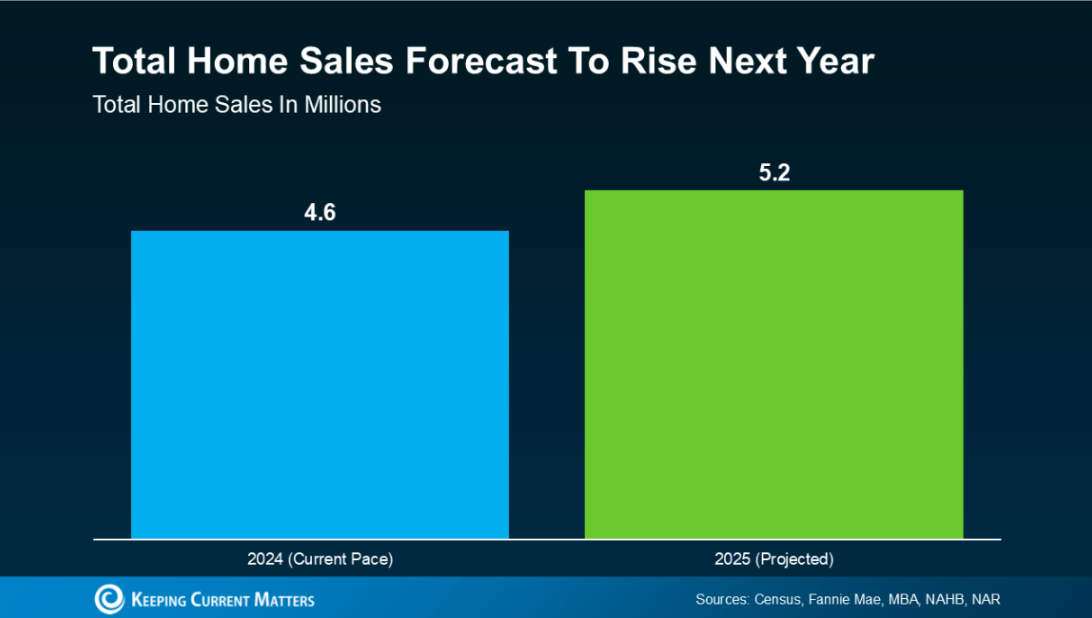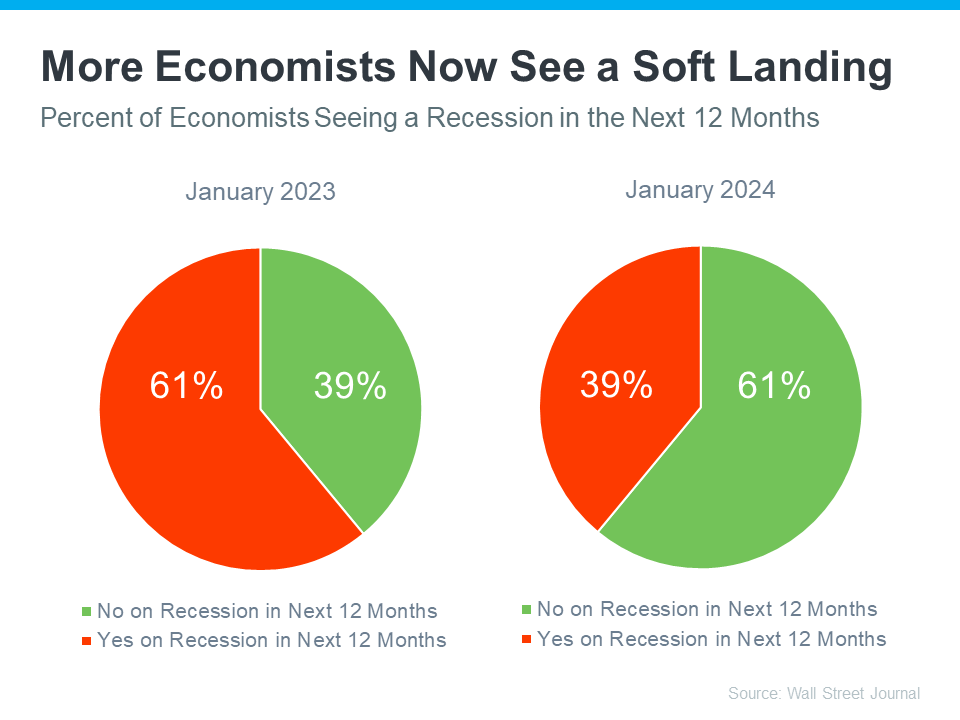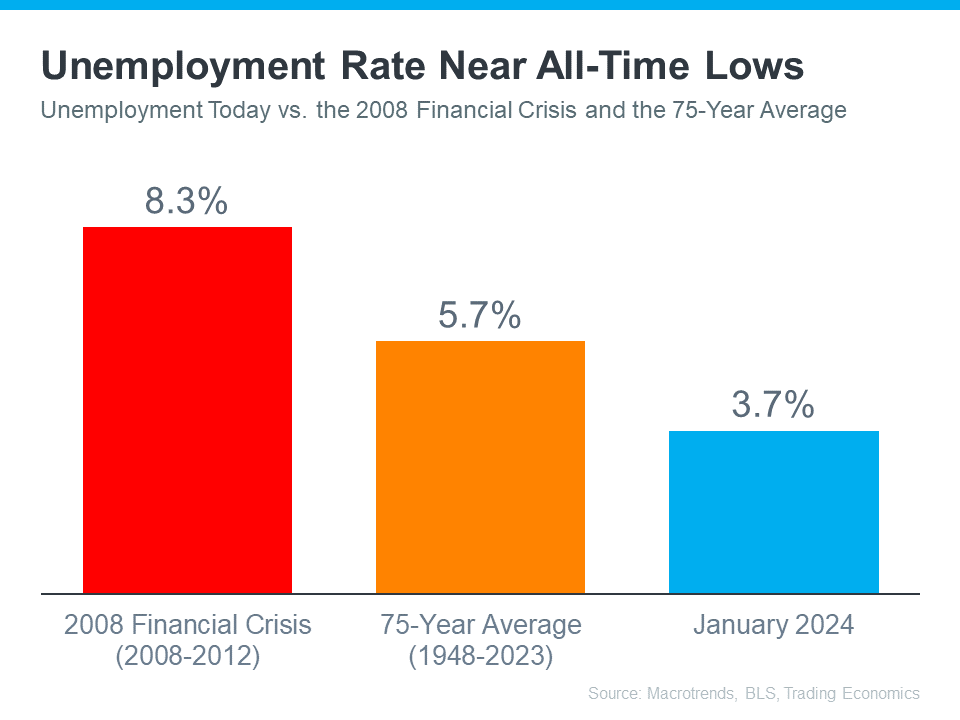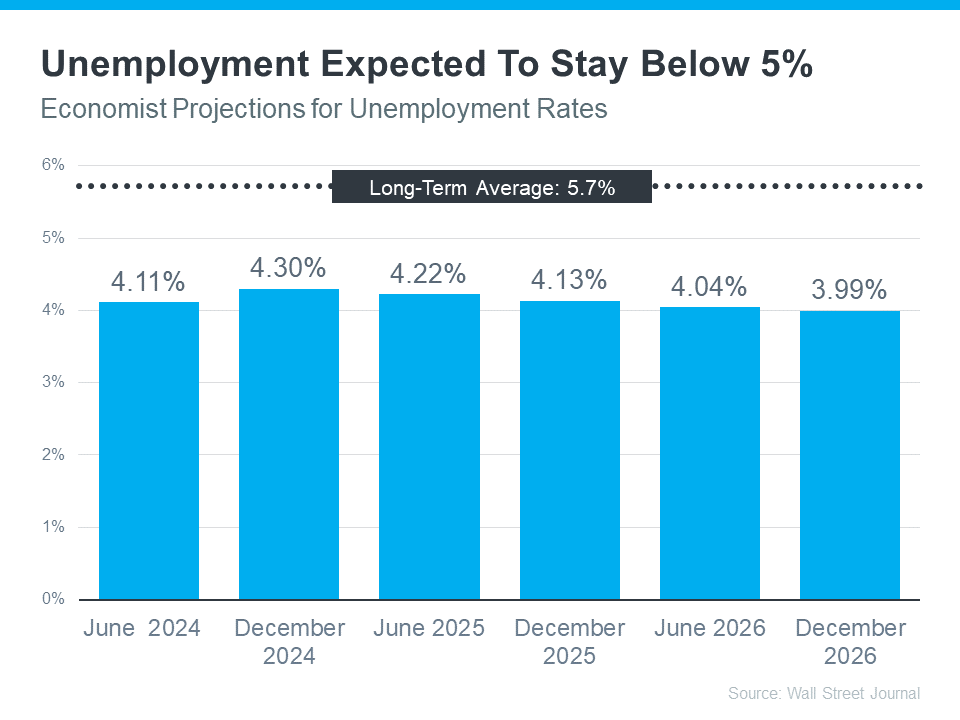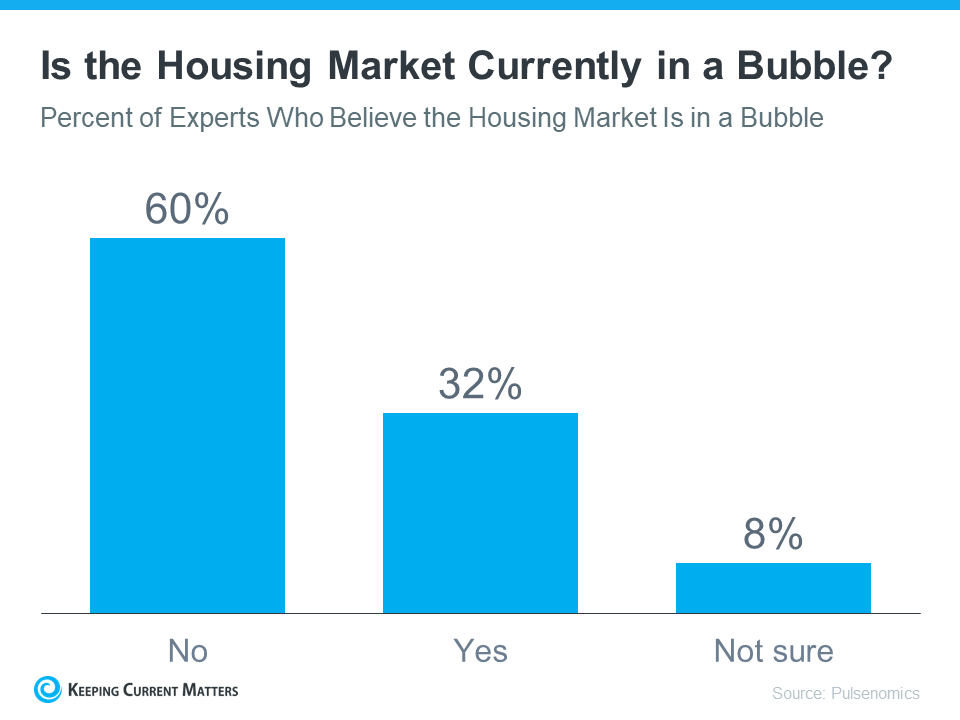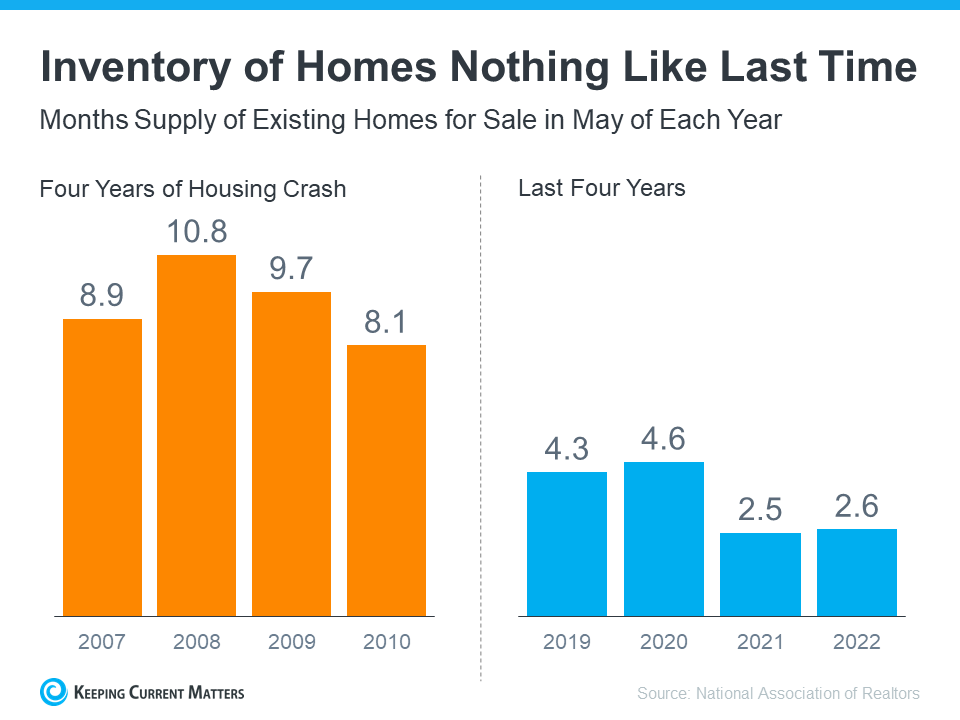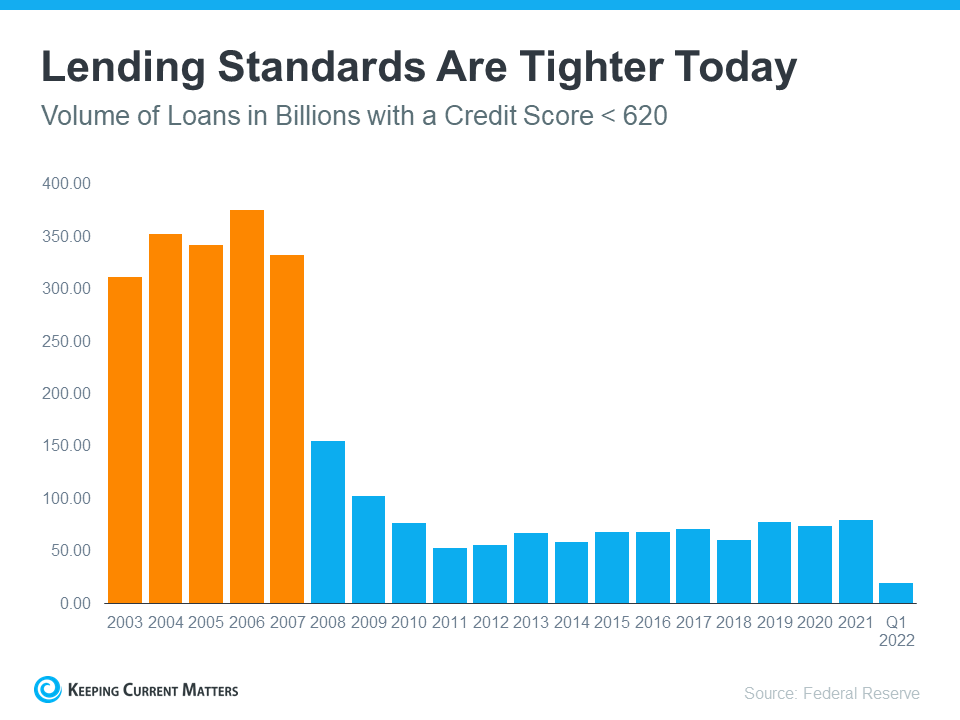The New Year is the perfect time to set intentions and embrace fresh opportunities for adventure and self-care! Whether you're looking to explore new destinations, enhance your well-being through healthy eating, or dive into inspiring reads, this post has you covered. Here are some ideas to kick off the year with purpose and joy
Travel Ideas for the New Year
Travel can rejuvenate the mind, body, and soul. For adults between forty and seventy-five, the key is finding destinations that combine comfort, accessibility, and enriching experiences. Here are a few ideas:
Wellness Retreats: Consider visiting spa resorts or yoga retreats that cater to relaxation and mindfulness. Sedona, Arizona, or Tulum, Mexico, are fantastic options. Locally there are many great spas & retreats like Two Bunch Palms in Palm Desert or La Costa.
Culinary Tours: Such a fun idea, and there are so many local choices. My Grandson Max and I took a cooking class in Florence, Italy on our trip. We made pizza and gelato and it was fabulous!! I recently took a Tuscany Cooking class at Sur La Table in Carlsbad….so much fun!
Many of us are working on a healthier eating plan. A couple of good suggestions include:
Pack Healthy Snacks: I happen to make excellent granola. Feel free to call or email if you’d like any ideas.
Mindful Indulgence: Enjoy local cuisine, but aim for balance. I went to Flower Child last night in Flower Hill shopping center, and there are so many great choices; including their gluten free chocolate chip/coconut cookies.
Book Recommendations to Inspire Your Year
Books can be powerful motivators, offering insights and stories that spark new passions. Here are some recommendations:The Let Them Theory by Mel Robbins. I can’t stop listening to this on Audible! Already changed my life!
Another favorite of mine is How To Know A Person - David Brooks
The Beauty of What Remains - Steve Leder This is an excellent book for anyone, especially those who have lost a loved one. My dear friend MaryLou F. Recommended this to me shortly after my Mom passed away in May.
For Healthy Eating:
The Blue Zones Kitchen by Dan Buettner: Discover recipes from the world’s healthiest communities.
Salt, Fat, Acid, Heat by Samin Nosrat: Learn the fundamentals of delicious, balanced cooking.
Atomic Habits by James Clear: A practical guide to building good habits and breaking bad ones.
The Happiness Project by Gretchen Rubin: An inspiring exploration of ways to cultivate happiness in everyday life.
The most important part of any resolution is starting small and staying consistent. Whether you’re booking your next trip, experimenting with new recipes, or diving into a book, each step brings you closer to a more vibrant year. Remember, the goal isn’t perfection—it’s progress and enjoyment.
Here’s to a year filled with exploration, nourishment, and inspiration. Where will your 2025 journey take you?
For New Year’s Resolutions: The second Friday in January is often reared to as “Quitters Day”. This doesn’t have to be YOU!!
Encouragement for the Journey
The most important part of any resolution is starting small and staying consistent. Whether you’re booking your next trip, experimenting with new recipes, or diving into a book, each step brings you closer to a more vibrant year. Remember, the goal isn’t perfection—it’s progress and enjoyment.
Here’s to a year filled with exploration, nourishment, and inspiration. Where will your 2025 journey take you?




